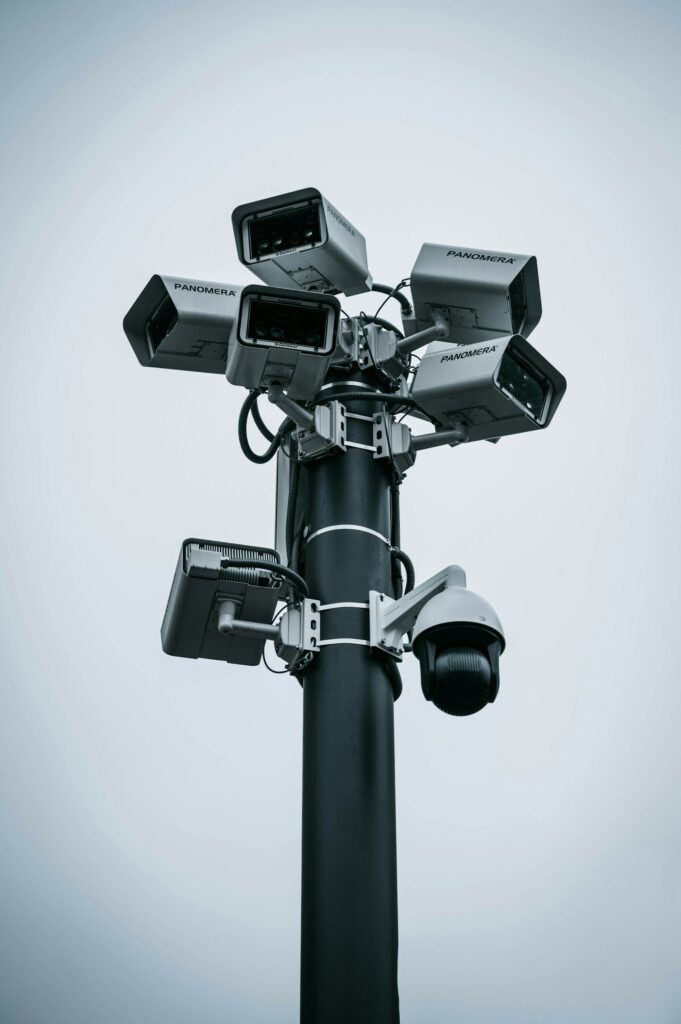Is it Possible for Users to Protect Their Data in the Age of Artificial Intelligence?

Is it Possible for Users to Protect Their Data in the Age of Artificial Intelligence?
The ways in which people, corporations, and governments engage with data are rapidly evolving as a result of artificial intelligence. Artificial intelligence systems depend significantly on user input in order to work properly. This includes face recognition in airports as well as tailored suggestions on streaming platforms. However, worries about privacy are growing in tandem with the increasing capability of artificial intelligence. It is no longer a matter of whether or not our data is being gathered; rather, the issue is whether or not we are able to secure it in a future where artificial intelligence feeds on information.
1. The Data-Driven Characteristics of Artificial Intelligence
In order to learn, anticipate, and improve, artificial intelligence systems need huge datasets. This encompasses anything from browser history and activity on social media platforms to biometric information and location data. In spite of the fact that this encourages innovation, it also means that private information is continuously being saved, shared, and analyzed online.
2. Regular Examples of Artificial Intelligence and Data Collection
Alexa and Siri are two examples of voice assistants that record speech inputs.
- Phones, security cameras, and even retail outlets are not exempt from the usage of facial recognition technology.
- Artificial intelligence techniques in healthcare evaluate sensitive patient data.
- Artificial intelligence is used in the financial services industry to identify fraudulent activity by monitoring transaction trends.
Regarding who owns the data and how it is protected, each of these apps poses concerns that need to be answered.
3. The Increasing Danger of Misusing Data
As more data is gathered, there is also an increased possibility that it may be misused. The disclosure of sensitive information may occur as a result of breaches, leaks, and illegal access. Worse, artificial intelligence systems that are prejudiced or badly constructed may exploit personal data in ways that discriminate against particular groups, which would exacerbate the ethical problems that already exist.
4. Problems with regards to Consent and Transparency
The majority of people consent to the terms of service without reading the tiny print, which often gives businesses a great deal of leeway to utilize their sensitive information. Artificial intelligence makes this situation much more complicated since the ways in which data will be utilized are not always certain. This is true even for the firms themselves, as machine learning models change in ways that are unforeseen.
5. Is it Possible for Anonymization to Actually Save Users?
However, artificial intelligence algorithms may occasionally re-identify people by cross-referencing numerous datasets, despite the fact that companies often claim to anonymize data. For instance, when location data is paired with online behavior, it is possible to readily identify particular users, which undermines the promise of anonymity.
6. Regulation in the Age of Artificial Intelligence
The following are examples of legislation that governments are enacting in order to safeguard users:
- GDPR (Europe) mandates the minimization of data and the need for permission.
- California’s Consumer Privacy Act (CCPA) grants consumers the right to know, remove, and opt out of having their data collected.
- There is a global conversation taking place about AI-specific legislation that aim to restrict spying and ensure accountability.
- On the other hand, enforcement is not uniform, and global standards continue to be scattered.
7. The Function of Businesses in the Ensuring of Personal Privacy
Companies in the technology sector have a duty to adopt privacy by design, which involves the construction of systems that reduce the amount of data collected, encrypt critical information, and provide users with more control. Nevertheless, a great number of businesses put profit ahead of privacy, using data for the sake of targeted advertising and predictive analytics.
8. The Measures That Users Can Take to Ensure Their Privacy
Even while humans are unable to manage every facet of data collecting powered by artificial intelligence, there are methods that may be taken to reduce exposure:
- Be sure to utilize search engines and browsers that prioritize privacy.
- Modify the permissions of the application and restrict access to the camera, microphone, and location.
- VPNs are used to conceal one’s internet behavior.
- Review and erase the data that is saved on platforms on a regular basis.
- Give preference to businesses that are open and honest about the way they handle data.
9. The Boundaries of Individual Action
Despite these safety measures, users are subject to restrictions. Surveillance, government databases, and business systems that are driven by artificial intelligence often operate outside the control of individuals. Given this, it is imperative that systemic remedies be implemented, including legislation change, business accountability, and worldwide data standards.
10. What Does the Future Hold for Privacy in an Artificial Intelligence World?
Privacy will continue to be a topic of primary concern as artificial intelligence becomes more pervasive in everyday life. It is possible that new technologies, such as federated learning (which trains artificial intelligence without centralized data) and privacy-preserving algorithms, might provide some hope. Nevertheless, the delicate balance that exists between innovation and protection will continue to exist.
Users are able to take measures to safeguard their privacy in this era of artificial intelligence; yet, genuine protection involves more than just individual actions. For the purpose of protecting personal data, it is necessary to have more stringent rules, ethical business practices, and innovative technology that protect privacy all working together. Should these precautions not be taken, the ease of use and strength of artificial intelligence may come at the expense of our most basic right, which is the right to privacy.




